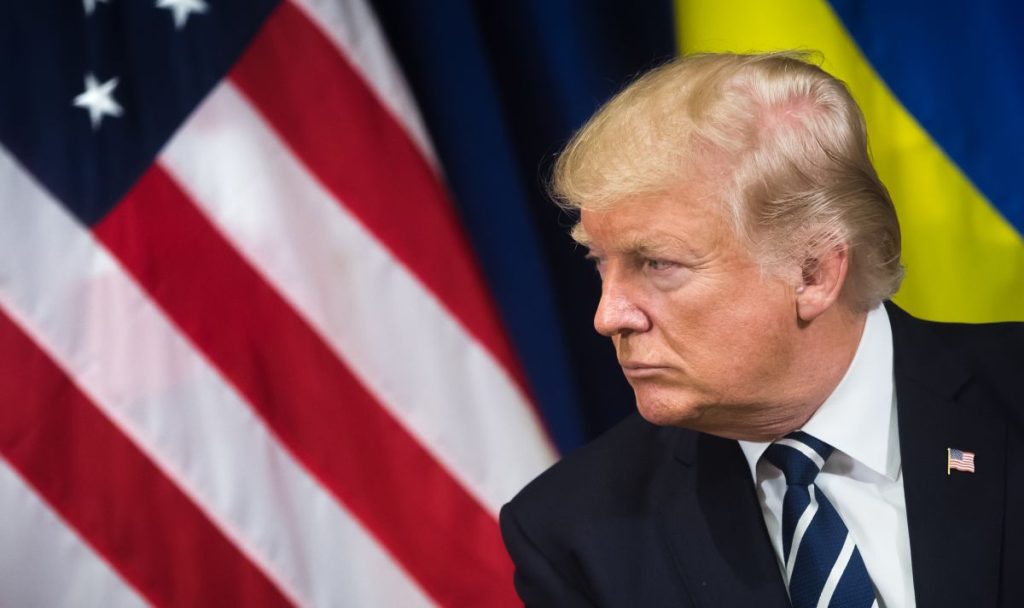U.S. Implements New Tariffs Amid Rising Tensions
The United States has reignited its trade war by imposing a 25% tariff on imports from Canada and Mexico, effective March 4, 2025, following a month-long delay. Additionally, Canadian energy products now face a 10% tariff. These measures, stemming from President Donald Trump’s executive orders, were initially postponed after temporary agreements with both nations aimed at addressing migration and fentanyl trafficking. However, the White House declared that neither country had sufficiently met the administration’s demands, prompting the tariffs’ implementation.
Canada swiftly retaliated, announcing 25% tariffs on $155 billion worth of U.S. goods, with $30 billion taking effect immediately and the remainder in 21 days. Mexican President Claudia Sheinbaum criticized the U.S. actions as unjustified and announced forthcoming countermeasures, including tariffs and non-tariff actions. Meanwhile, the Trump administration also escalated its trade dispute with China, increasing tariffs by 10% on Chinese imports, citing similar fentanyl-related concerns.
Global Retaliation Intensifies Against U.S. Tariffs
China responded to the tariff hike with additional duties on U.S. agricultural products, including a 15% tariff on chicken, wheat, corn, and cotton, and a 10% tariff on pork, beef, soybeans, and other goods, effective March 10. This follows earlier Chinese tariffs on U.S. car and energy imports. Lin Jian, China’s Foreign Ministry spokesperson, dismissed the U.S. rationale as a “flimsy excuse” and declared China’s readiness to confront the U.S. in a “tariff war.”
Domestically, the U.S. auto industry faces significant challenges as Trump plans to impose 25% tariffs on automotive imports starting April 2, alongside similar duties on semiconductors and pharmaceuticals. Automakers, heavily reliant on imported materials, warn of increased production costs and potential disruptions.
A Risky Gamble for Global Trade
The Trump administration’s aggressive tariff strategy risks destabilizing global trade relationships and exacerbating supply chain disruptions. While the intent to protect domestic industries is clear, the retaliatory measures from key trading partners could lead to prolonged economic uncertainty. Supply chain leaders must brace for potential cost increases and explore strategies to mitigate the impact of these escalating trade tensions.







